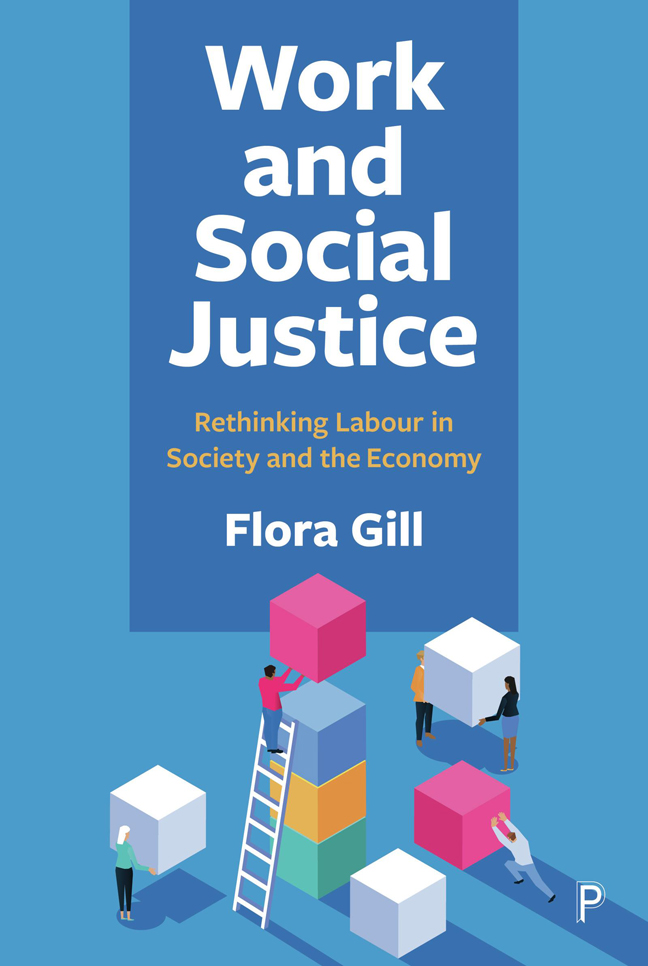11 - Power over others
Published online by Cambridge University Press: 23 January 2024
Summary
Introduction
Philosophers have long been grappling with the root causes of the inequality of power, the patterns with which power is exercised and its impact on the subordinate. Some writers accept the prevailing exercise of power as an essential state of affairs; they also tend to see it in largely benign terms. Others strongly disagree. This debate is rife in the scholarly literature. But in the community at large there is little questioning of the manner in which power is used, whether within the society at large or at the workplace.
Social structures, the power structure at the workplace included, are largely inherited from bygone eras. Yet, the general public accepts the power structure that governs the standard workplace as if it were a quite modern system that is vital to a well-functioning economy. However, as David Montgomery notes in his 1993 book, substantial vestiges of the preindustrial era ‘Master and Servant’ laws remain enshrined within the US legal frameworks that still guide judicial decisions regarding work disputes. Culturally, if not strictly legally, this is likely to be the case in other countries as well.
This is ironic. Particularly so, since many scholars are not at all convinced that the manner in which power structures nowadays operate in most workplaces is paramount to the enterprise's profit bottom line. In the standard workplace, the owners of the capital are those who own the rights over the design of job tasks, selection of technology and the pace of work and much more. In other words, the employing business has the absolute prerogative over the whole gamut of demands that are made on the workers’ body and soul throughout their entire working day, day by day and year by year. But, as Michael Marmot points out in his 2015 book, the sheer hierarchical structure of the workplace has an immeasurable impact on the wellbeing of employees.
Philosophical discourse on the inequality of power
The answers regarding the root causes and the impact of the vast inequality of power are far from presenting a consensus. On the one end of the spectrum, are writers who argue that power is essential to the social good, and that normally it is not abused, but rather, it is dutifully placed at the service of both the society at large and the immediate subordinates.
- Type
- Chapter
- Information
- Work and Social JusticeRethinking Labour in Society and the Economy, pp. 99 - 111Publisher: Bristol University PressPrint publication year: 2023



